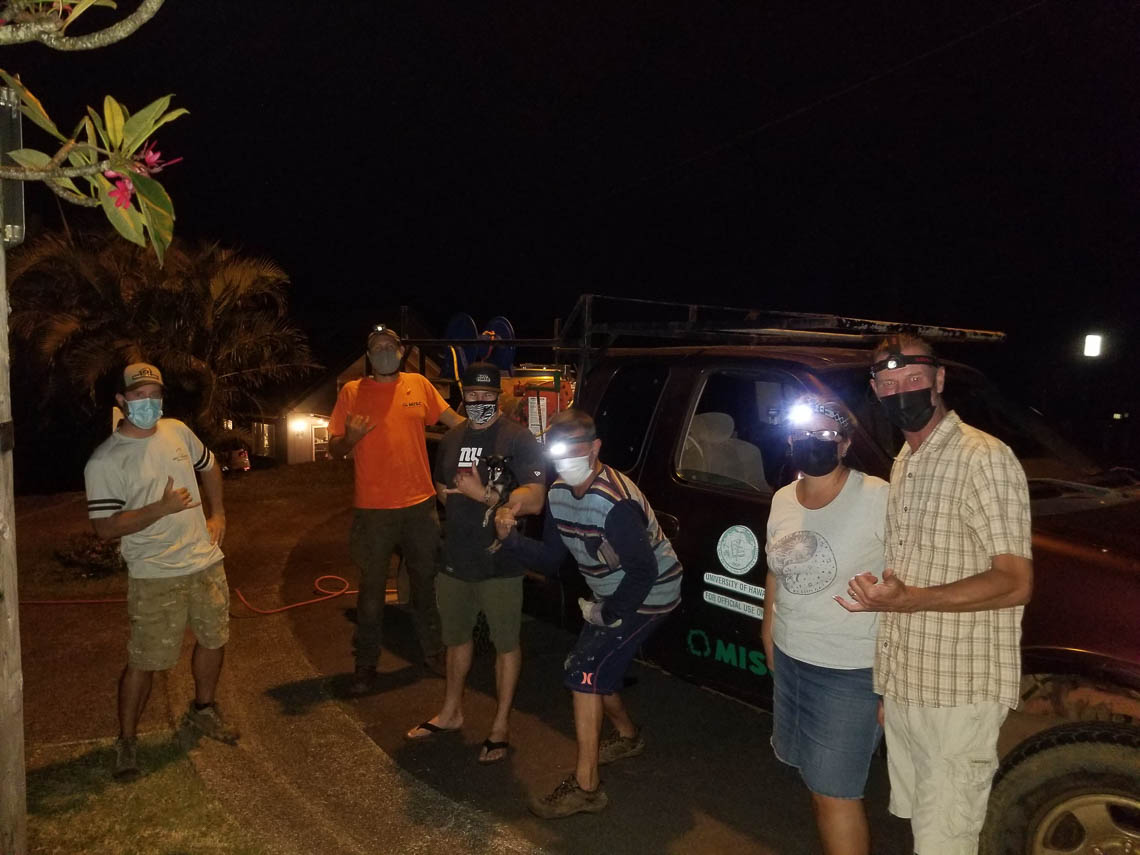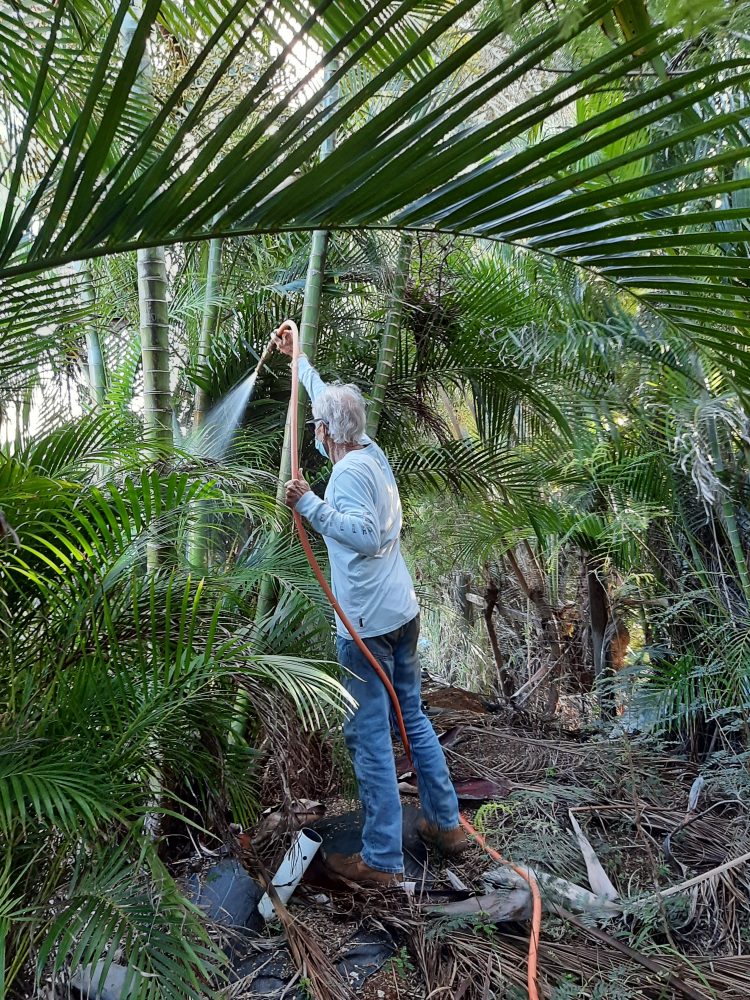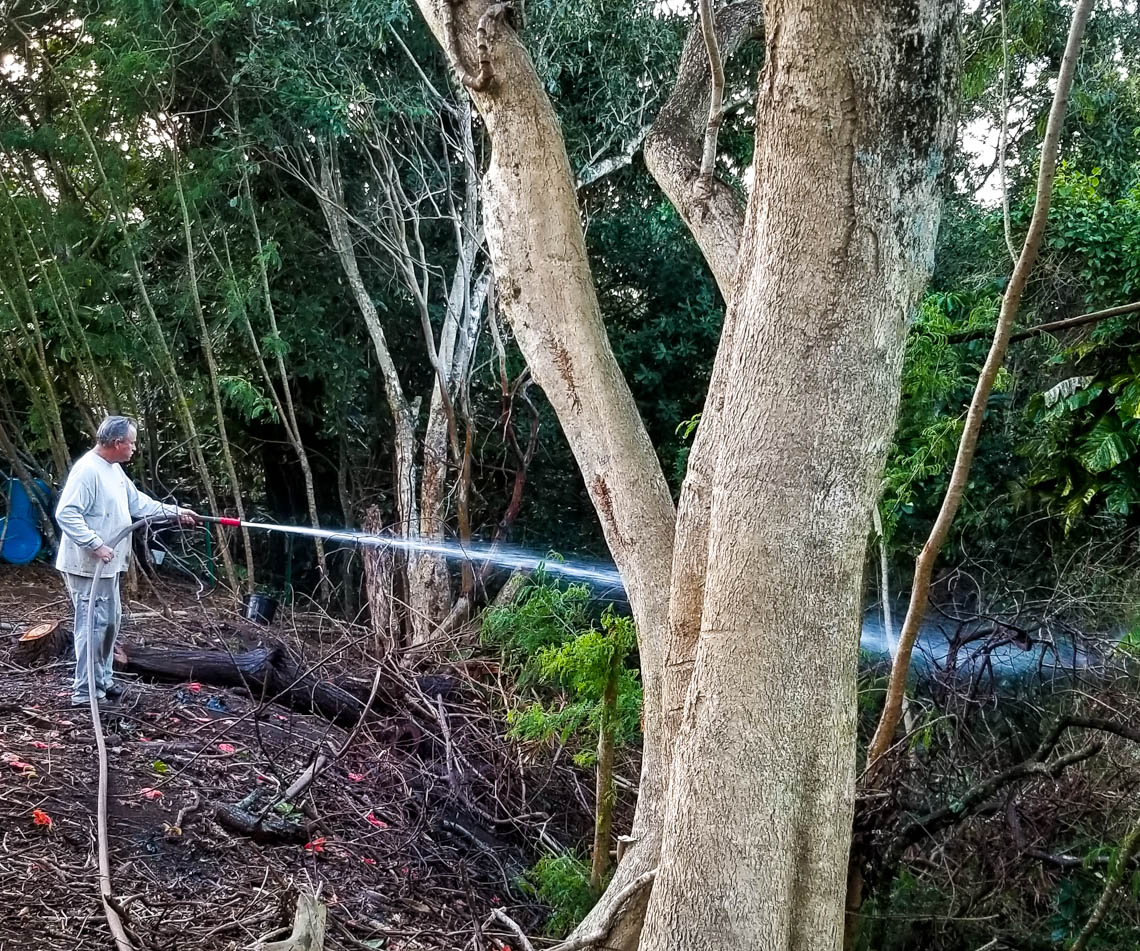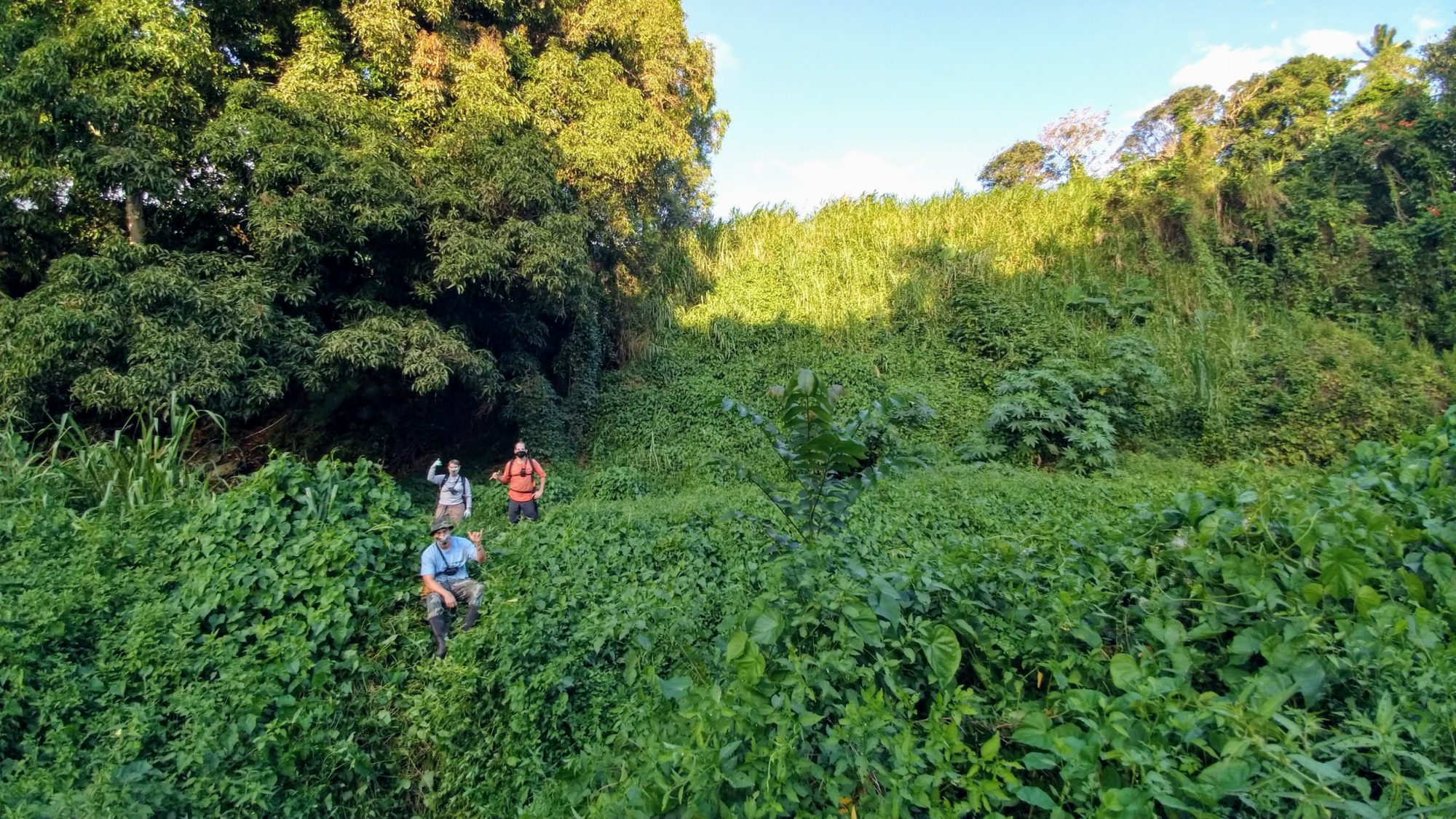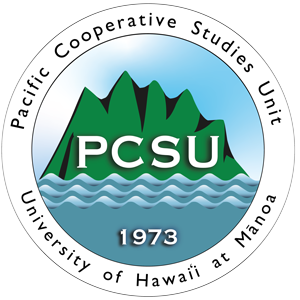The MISC Community Coqui Control Program expanded during November 2020 with the addition of the Akoa/Ala Olu/Makaio neighborhood. Five Ha‘ikū…
Read More
community coqui control program
Haʻikū Residents bring back quiet nights through MISC Community Coqui Control Program
Haʻikū communities are taking back their quiet nights from noisy, invasive coqui frogs, with tools and training from the Maui…
Read More
Community Coqui Control Progam – September 2020
All four of the Haʻikū neighborhoods involved in the MISC Community Coqui Control Program held work weeks during August. One…
Read More
Coqui – April/May 2020
As preparations were being made for MISC’s coqui crew to safely do fieldwork during Covid-19, the field crew had the…
Read More
